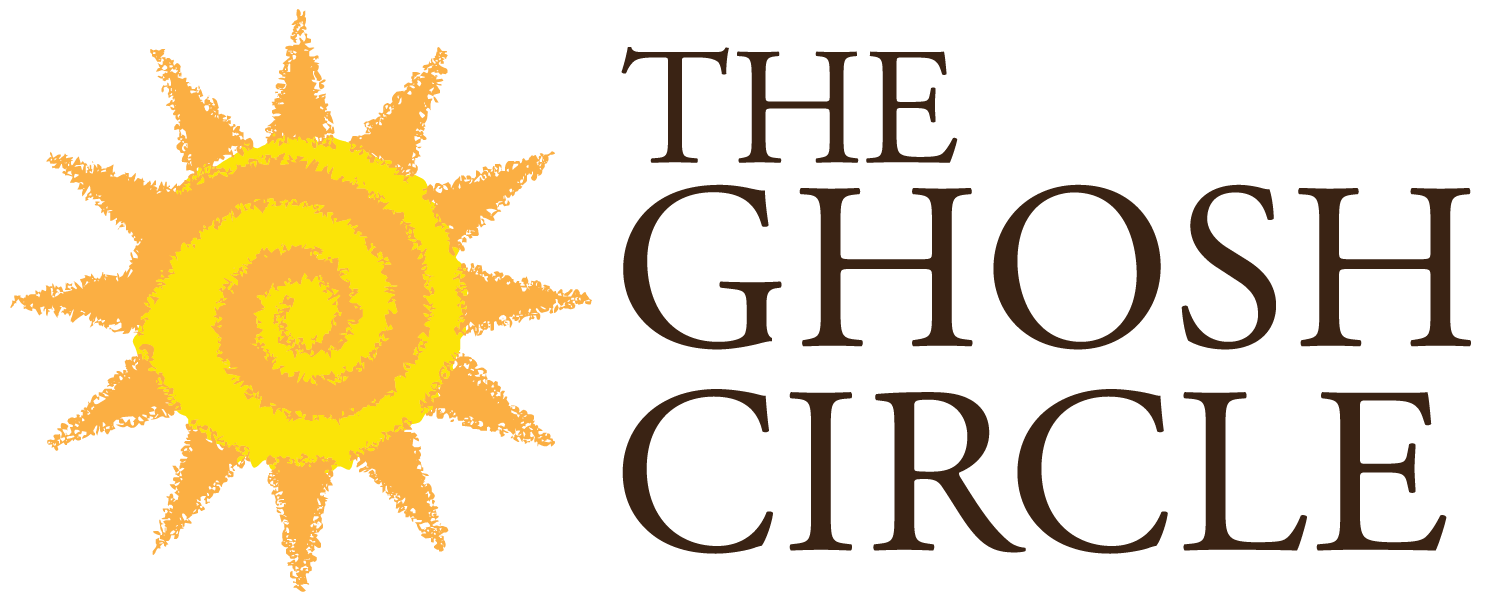Reduce Stress, Feel Better: Spoon Theory
If you are living with cancer, you are no stranger to stress. The COVID-19 pandemic may be intensifying or complicating your feelings. To help you through this time, The Ghosh Center is creating a series of blog posts focused on ways you can reduce your stress and increase your sense of well-being and peace. This post on spoon theory is the final in the three-part series.
A common source of stress when living with cancer is trying to explain to the people you love just how deeply the disease, and treatments, affect you. “Counting spoons” is a metaphor for calculating your energy, and it’s a simple but effective way to help others understand life with cancer or another chronic illness. The concept comes from an essay called “The Spoon Theory,” written by Christine Miserandino.
Christine lives with lupus, a disease which causes the immune system to attack the body’s healthy cells. Her essay tells the story of a friend who asked her what it was like to live with lupus. The friend knew about all the doctor’s visits, medications and side effects, but she wanted to understand what it was like to live with chronic illness all day, every day.
Spoon Theory
In response, Christine gathered spoons from nearby tables in the café where they were dining. She handed her friend 12 spoons, which she used to symbolize units of energy. She asked her friend to describe her day, starting with simple tasks and activities. For each, the friend had to hand over a spoon.
The act of getting out of bed used up one spoon. Showering and dressing? Two more. She used up another spoon making breakfast. Before her friend even got out the door, she’d used up six spoons. When she asked Christine if she could have more spoons to make it through the day, the answer was no. People with serious illness have a limited amount of energy and wishing for more doesn’t make them magically appear.
The friend realized she’d have to ration her remaining spoons very carefully to get through the remainder of the day. If she were to have enough energy to eat dinner, she might have to buy something already prepared. She might not be able to clean up the kitchen. And she might need to go to bed early because she’d used up her reserves.
At the end of the conversation, the friend started crying. But she had a new perspective into Christine’s world, an appreciation of the choices required each day and renewed empathy for her close friend.
How Spoon Theory Can Reduce Stress
“The difference between being sick and being healthy is having to make choices or to consciously think about things when the rest of the world doesn’t have to,” said Christine Miserandino in explaining spoon theory. “The healthy have a luxury of a life without choices -- a gift healthy people take for granted.”
Living with a limited number of “spoons” each day is challenging enough, but feeling guilty about being unproductive or having family members who don’t understand can make it even more stressful.
Visualizing how much energy you have each day as a certain number of “spoons” can help you choose wisely how you spend your time, have grace with yourself for needing more rest, and even help others be more understanding when you need to cancel plans. If your symptoms aren’t visible and you often hear the dreaded “but you don’t look sick,” spoon theory can help you explain to those you love that the effects of your illness are very real.
Are You a Spoonie?
When Christine Miserandino published her essay on her website in 2003, the response was overwhelming. People around the world shared spoon theory with their friends and family, using it as a simple, but effective way of visualizing life with chronic illness. Type “Are You a Spoonie?” into Google, and you’ll find hundreds of articles, quizzes, and personal posts on the subject.
Of course, spoon theory needs to be adapted for each individual. Not everyone gets 12 spoons a day. Sometimes you get two, sometimes none. A shower may take one spoon, or it may take four. Sometimes you have a surplus of spoons, but it’s no guarantee they’ll carry over to the next day.
Use the theory however it works for you. If it helps others understand your choices, or even influences how they invest their own energy, wonderful. If it helps you choose wisely, safeguard your strength and enjoy what matters most, that’s what really counts.

